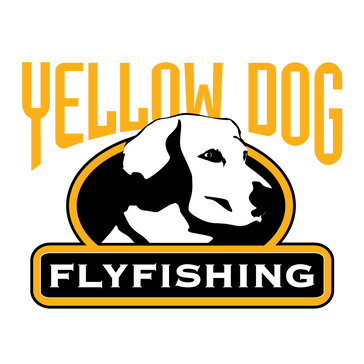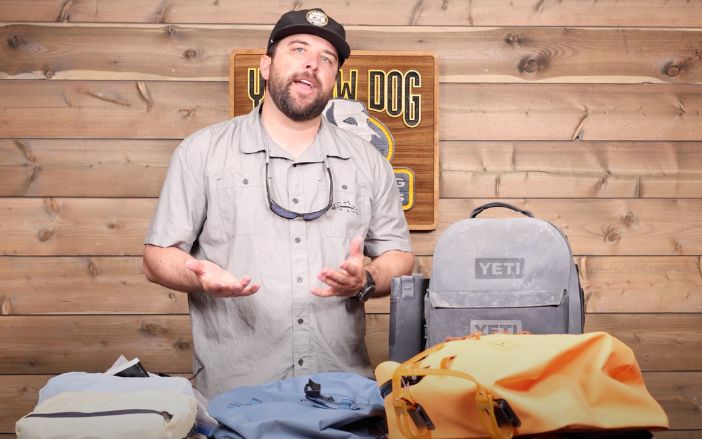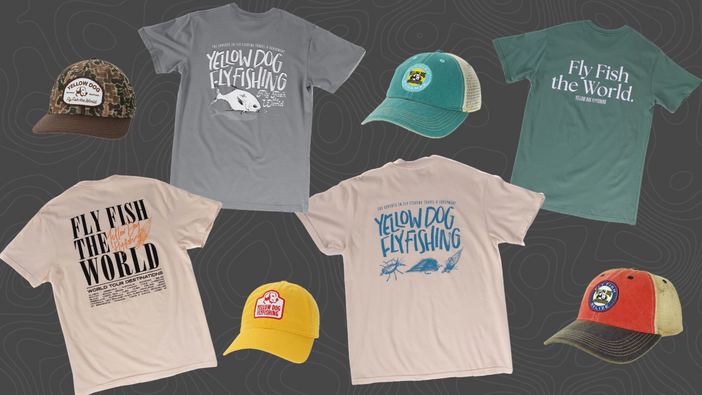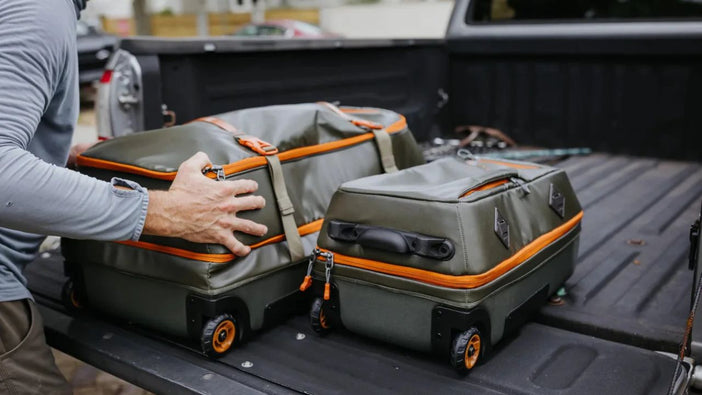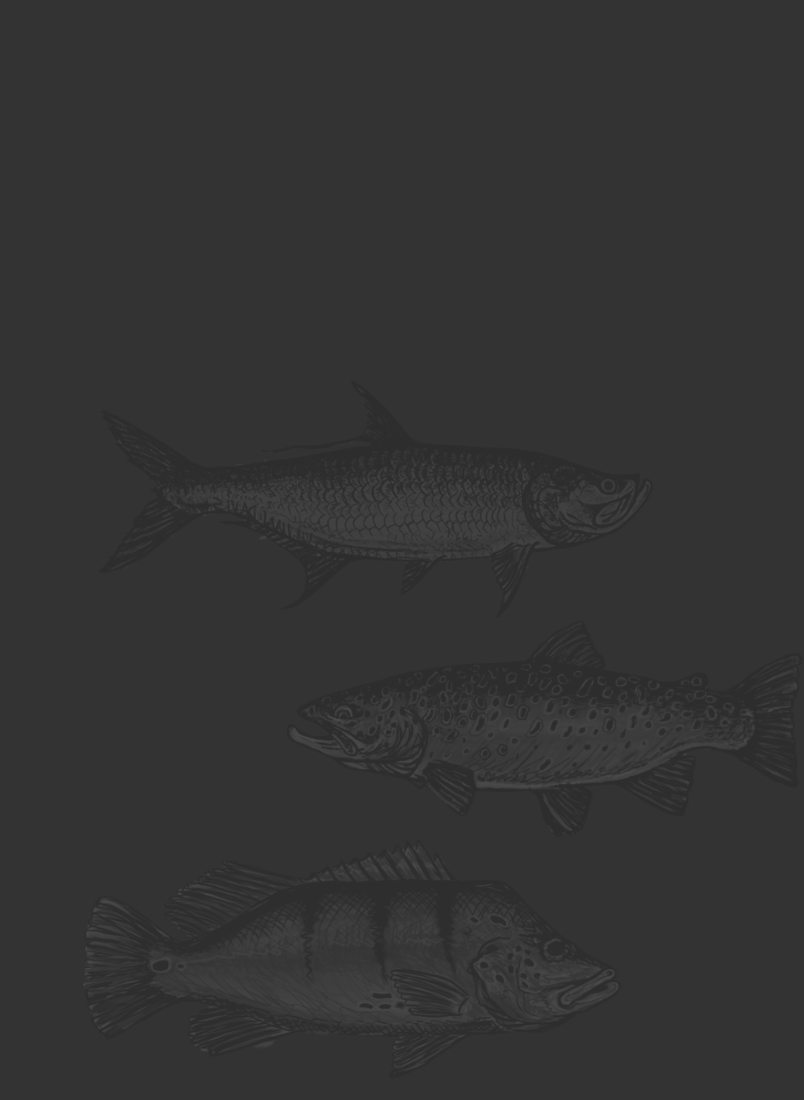Gustave Flaubert wrote “travel makes one modest, you see what a tiny place you occupy in the world” and Henry David Thoreau penned “Many men fish all their lives without ever realizing that it is not the fish they are after.”
As new angling frontiers are discovered and traveling the world becomes logistically easier each year, the need to be a conscientious angler is as important as improving your double haul. Through nearly twenty years of booking fly fishing travel around the globe, we’ve learned a thing or two about traveling with a conscience.
Consider Destinations that Give Back through our Yellow Dog Conservation and Community Foundation’s Matching Funds program.
The Yellow Dog Community and Conservation Foundation (YDCCF) works to enhance communities, build partnerships, and support conservation in places where great fishing is found. We achieve this by providing targeted grants to directly support priority conservation needs, vital community projects, and educational efforts in international angling destinations.

The Foundation also provides support for certain events and builds partnerships to leverage funding for specific projects and impact.
Our In-Depth Travel Team Has Personally Vetted Each Destination for Safety
Common sense rules the roost when it comes to safety when traveling to new and distant locations. Every Yellow Dog destination is safe for all types of travelers—single adults, families, and groups—and with our detailed pre-trip information you can enjoy a safe and uneventful trip.

However, as with any traveling experience some basic rules apply—don’t draw attention to yourself by wearing flashy jewelry or exposing large amounts of cash; know-how and where to ask for help if you need it; lock up your valuables when away from your room; purchase adequate travel insurance; ask locals for advice, and update friends and family when possible.
Gratuities are Always Appreciated and Never Expected, but Sometimes Confusing
Tipping for good service is customary in many cultures, including here in the U.S. Because many destination lodges feature a team of hosts, drivers, chefs, servers, housekeepers, and of course fishing guides, knowing who and how much to tip can be intimidating. The first place to start is to ask our staff at Yellow Dog—we’ve been there and known the local customs and expectations for good services rendered. Tipping your fishing guide is often customary to tip them directly.

For any lodge staff, tips are often pooled and usually collected on the last night of the trip. For guides, a $100 per guide per day is a good tip, and for lodge staff, which often includes servers and housekeepers, $20 to $40 per person per night is customary. Naturally, if you experience exceptional service going beyond the norm will certainly be appreciated. In most cases, the staff and fishing guides prefer to be tipped with US dollars. Guides will always prefer a cash tip rather than a tip on a credit card and it is best to bring cash with you because banks and ATM machines are usually not available.
Kick Plastic. Choose Lodges Committed to Reducing Plastic Waste
Plastic is not only clogging our landfills but is finding its way into our waterways and oceans at an unprecedented rate. Kick Plastic is an international campaign to reduce the number of plastic people use. It was launched by Costa Del Mar to help reduce the amount of plastic they use as a company and to mobilize a movement.
If you do not think this is a problem, the equivalent of a garbage truck of plastic is dumped into the ocean every minute. By 2050 there could be more plastic than fish in the ocean (by weight). Almost all the plastic ever produced is still around. And, one in four fish tested has plastic in them. You can make a difference by choosing a fly-fishing destination lodge committed to reducing single-use plastics. We can help.
Immersing Yourself in New Cultures and Customs is Good for the Soul
The act of catching fish in any destination is a small part of the fly-fishing travel experience. One of the many benefits of fly fishing is the places it takes us, the people we meet, the cultures we learn about, and the settings where we find ourselves. If we simply want to catch fish, we can usually stay close to home. If we want to see the world, however, and learn about new places and different cultures, then destination travel provides opportunity and exposure to a life we do not normally live.
When traveling to fly fish we connect with the places we visit and fish. We are often exposed to areas, communities, or cultures that we never would have experienced were it not for fishing. Because of that, anglers often want to give back to support these areas, fisheries, and communities. That is one of the reasons that we launched the Yellow Dog Community and Conservation Foundation – as a way for our customers and clients to support the areas that they visit, fish, and care about.
When a Yellow Dog customer returns from a trip and says, “I loved my experience, loved the lodge, bonded with my guide and really appreciated the remote aspects of the area … how can I help support their efforts to keep the fishery great?” they now can get involved and make a positive difference. You can, and should, get involved too.
Regarding fly fishing travel, Jack Nicklaus once said “there are always new places to go fishing. For any fisherman, there’s always a new place, always a new horizon.” At Yellow Dog Flyfishing Adventures we strive to leave any place we fish a little better off than when came.
Related Articles:
